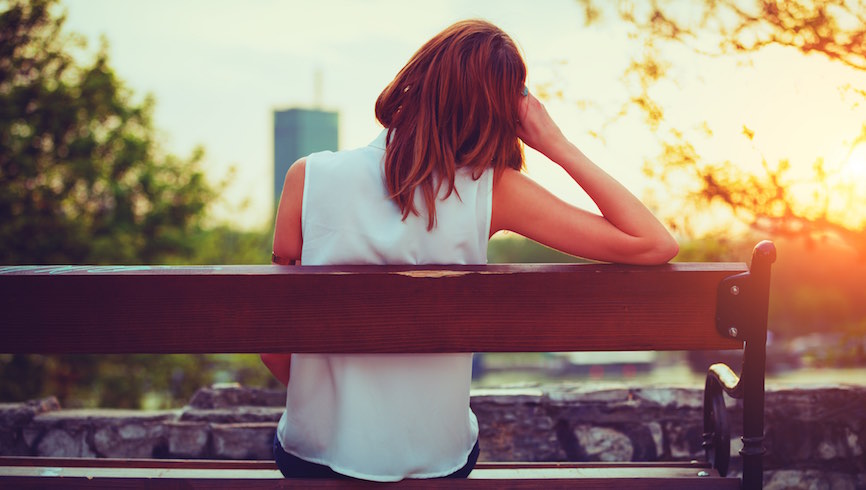When you hear the term seasonal affective disorder, (SAD), you usually think of the wintertime blues, when folks feel sluggish and depressed due to the shorter, colder days and decreased exposure to light.
While less common, the mood disorder can also cause the summertime blues.
The National Institute of Mental Health (NIMH) defines SAD as “a type of depression displaying a recurring seasonal pattern.” To be diagnosed with SAD, “people must meet full criteria for major depression coinciding with specific seasons (appearing in the winter or summer months) for at least two years.”
Symptoms of winter SAD consist of low energy, hypersomnia, weight gain and social withdrawal; with summer SAD, it’s the opposite. Folks experience decreased appetite, insomnia and anxiety that manifests in restlessness.
“Depression isn’t always lethargy,” explains Dr. Marc Romano, director of Medical Services at Delphi Behavioral Health. “With agitated depression, you see people moving around a lot, fidgeting.”
While more research is needed to determine the cause of seasonal affective disorder, doctors believe it has something to do with the disruption of circadian rhythm that comes with the change in seasons, namely the change in light, Romano explains.
With fewer hours of sunlight in the winter, patients experiencing SAD sometimes overproduce melatonin, the sleep hormone that’s activated by darkness. Excess levels can lead to lethargy. Similarly, some may suffer from a Vitamin D deficiency, which is associated with depressive symptoms.
Wintertime SAD patients are often prescribed 20-60 minute daily sessions using a light-therapy box, or SAD lamp, which simulates sunlight.
Those experiencing summertime SAD are advised to do the opposite: to counteract the extra hours of daylight by darkening the windows around 5 or 6 in the evening, Romano explains. This can help get their circadian rhythm back on track. Supplementing with melatonin can also help restore the sleep-wake cycle.
In both case, the depressive symptoms are tied to the season. “People start to get depressed when the winter, or summer months come…and it just seems to lift when the season is over,” Romano explains. Whereas, “people who tend to have more of a depressive disorder, it doesn’t matter what season it is: they’re going to be depressed.”
Romano suggests that both winter or summer SAD patients get evaluated by a mental health professional, who can rule out that the symptoms aren’t indicative of something more serious. Therapy and short course of antidepressants can help mitigate the disorder until it lifts with the change in season.



















